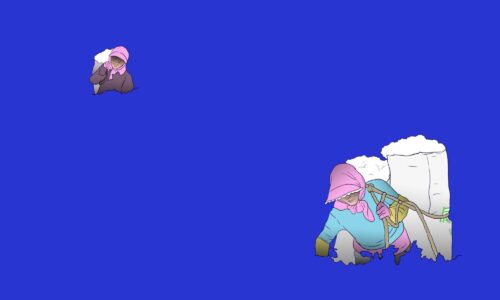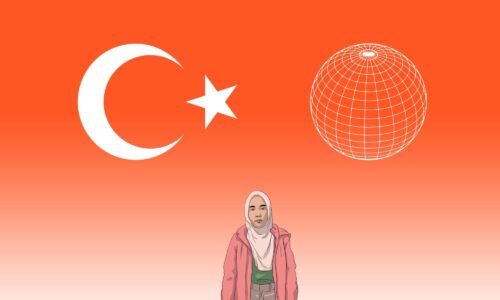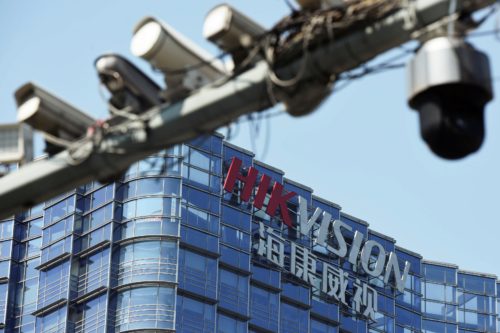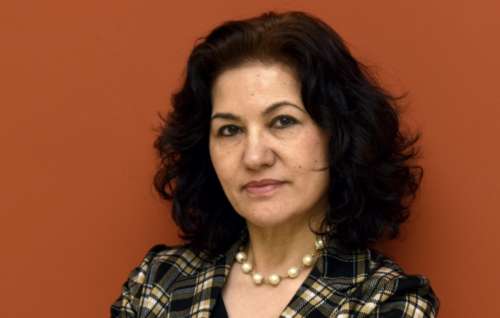Solitary confinement as ‘treatment’ — founder of internet addiction school gets three years in prison for unlawful restraint
The founder of Yuzhang Academy, a “Confucian reform school” that purportedly treats internet addiction, has been sentenced to almost three years behind bars on charges of unlawful restraint, after dozens of former students came forward accusing the institution of using corporal punishment and torture to “cure” them.
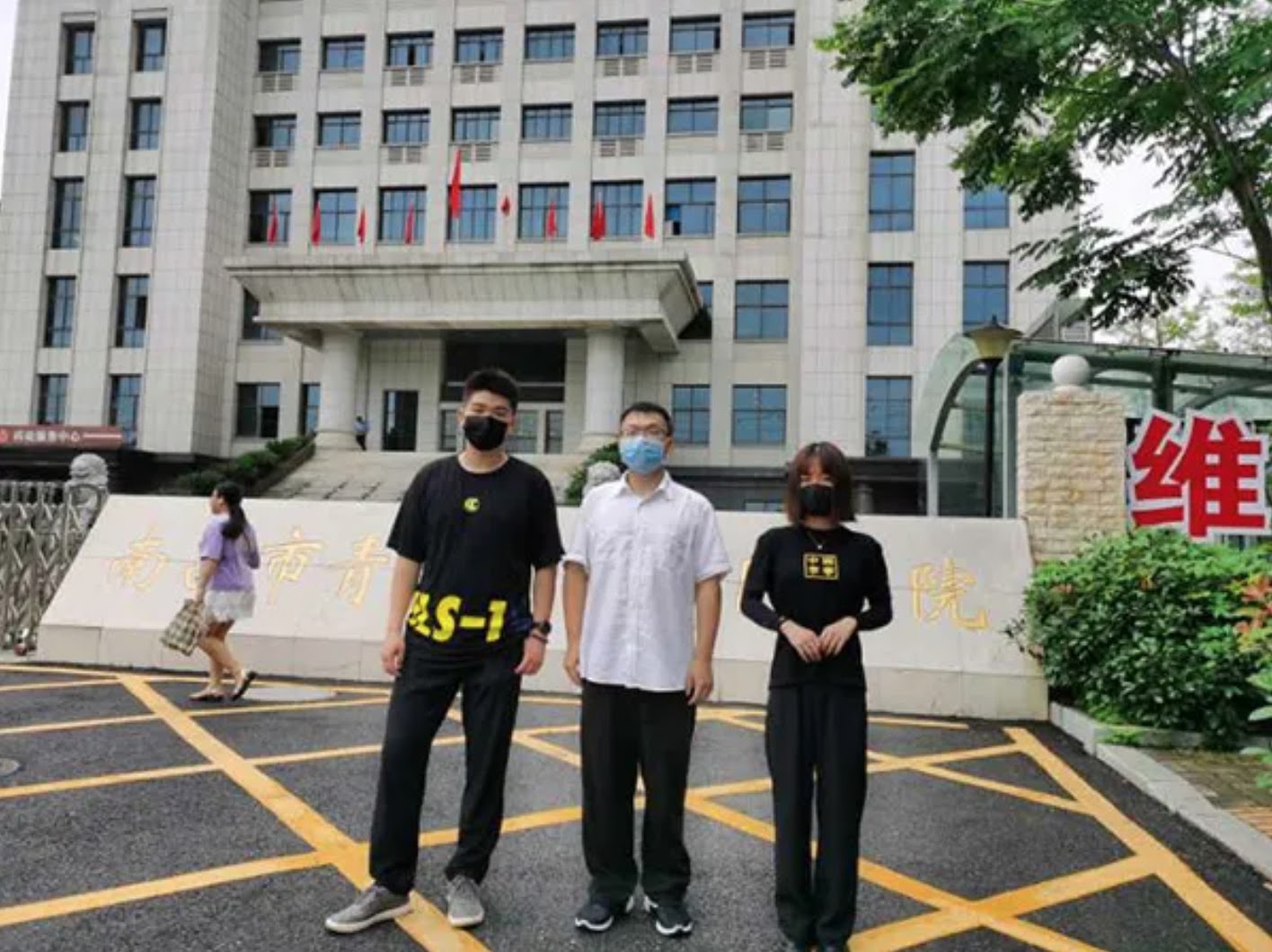
The founder of Yuzhang Academy, a “Confucian reform school” that purportedly treats internet addiction, has been sentenced to almost three years behind bars on charges of unlawful restraint, after dozens of former students came forward accusing the institution of using corporal punishment and torture to “cure” them.
The verdict was made on July 7 by a court in Nanchang, Jiangxi Province, where the school was located. The court said (in Chinese) that Wú Jūnbào 吴军豹, who established the institution in 2013, was found guilty of using violent and inhumane treatments on his students despite knowing that the school was not licensed to practice mental health therapies. The school’s principal and three teachers also received jail terms for unlawfully depriving students of their freedom.
According to prosecutors, Wu and his employees had placed more than 240 students in solitary confinement for as long as 10 days at a time, before local officials ordered the school to shutter in 2017.
When Wu founded Yuzhang Academy, it was advertised to parents as a correctional facility where “troublesome” students with internet addiction could be transformed through traditional Chinese philosophy. But in reality, as many of its former students revealed, the school was “a living hell” where “treatment” consisted of repeated beatings, torture, and solitary confinement.
In an interview with The Paper (in Chinese), one of the plaintiffs in the case, a high school student in Dalian, Liaoning Province, recalled that on the first day he arrived at the institution, an instructor locked him up in a “dark room” for a week. In the days following his release, he was subjected to heavy labor, repeated flogging, and other physical abuse. About three months into his enrollment, he attempted suicide by drinking laundry detergent. He was eventually sent home after a hospital visit.
Other alleged victims told The Paper that there were about eight “dark rooms” in the facility, and that almost every new student was forced to spend about a week in those rooms upon arrival.
In 2017, a handful of teenagers who previously attended the school took to social media to expose its abusive methods. The allegations quickly led to an investigation carried out by local authorities, which eventually resulted in the school’s closure.
Before Wu’s arrest earlier this year, there were reports that some volunteers, who were helping former students seek legal justice against their abusers, received death threats and harassing phone calls from people connected with the school. But Wu denied any involvement in the harassment and accused the critics of lying.
The ruling marked an end to a high-profile case that spurred strong calls for the government to investigate digital detox boot camps around the country, which have a track record of employing military-style discipline and abusive methods to treat “patients.”
But during the trial, Wu insisted (in Chinese) that putting students in solitary confinement was legal because it was for “special purposes.” He also refused to publicly apologize to all the victims, calling them “attention-seekers.” So the three former students who filed the lawsuit against the Yuzhuang Academy said that they would appeal because Wu has shown no remorse about his crimes.

